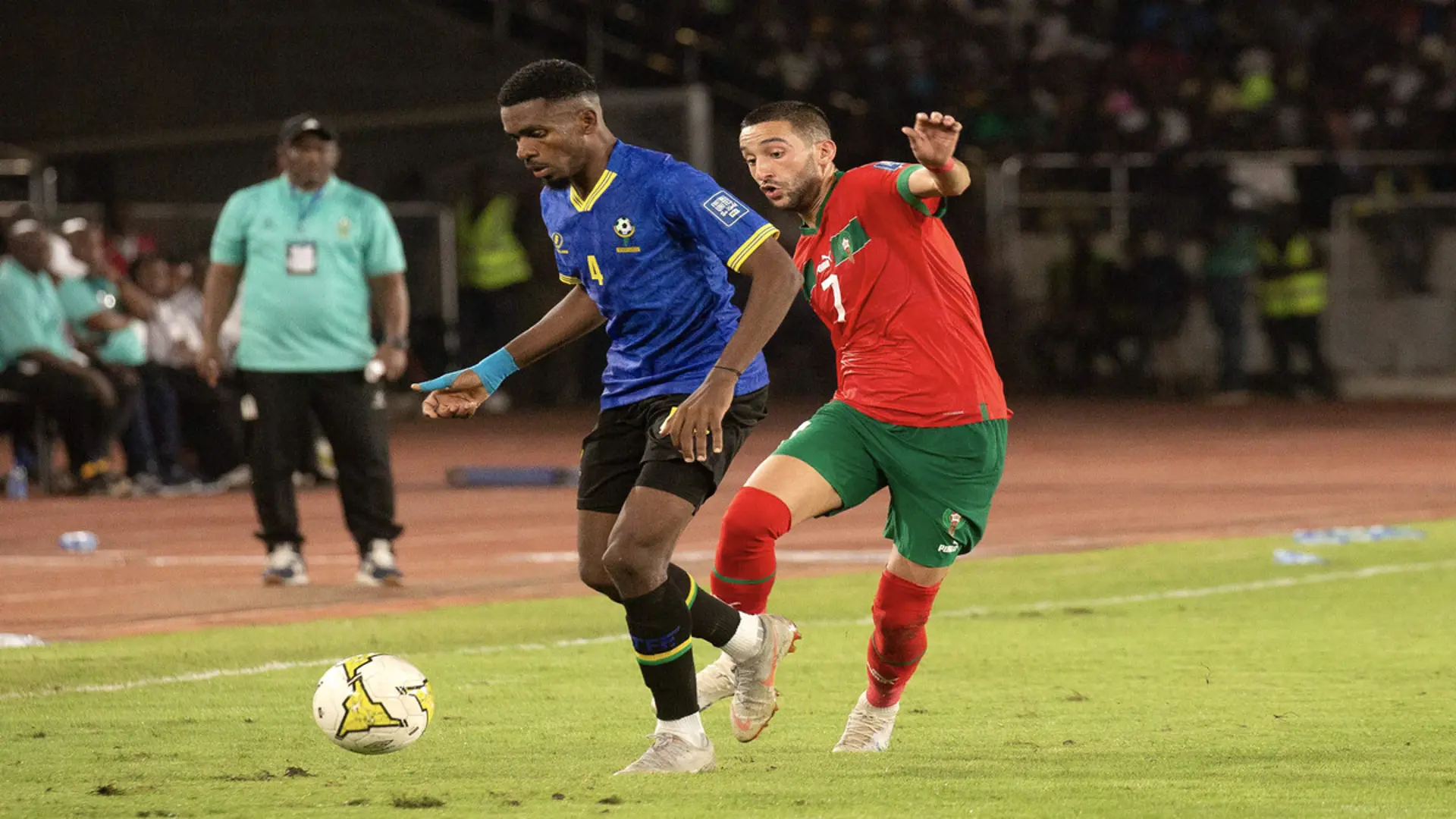The dynamics of African football broadcasting have long been a subject of scrutiny, and the actions of regional media entities such as SuperSport—a major player in the industry—highlight the nuanced ways in which media manipulation affects African football enthusiasts.
The strategic choices made by SuperSport in acquiring broadcasting rights for football matches raise important questions about bias, representation, and the consequences of selective coverage.
In recent years, SuperSport’s decisions regarding the acquisition of broadcasting rights have sparked significant debate, particularly with regards to the prioritization of non-African matches over those from the continent.
The company’s choice to showcase matches such as Scotland vs. Norway or Hungary vs. Montenegro, while neglecting fixtures like Zimbabwe vs. Rwanda or Ghana vs. Madagascar, serves as a pertinent example of the unbalanced approach to football coverage in the region.
The implications of this selective approach are multifaceted. By opting to broadcast matches that may hold little relevance or appeal to African audiences, SuperSport fails to align with the interests and preferences of its core viewership. Instead, the company’s decisions raise valid questions about the purpose and ethos of its broadcasting choices.
The apparent lack of emphasis on showcasing African football talent and competitions can be seen as a missed opportunity to celebrate and uplift the unique narratives and achievements within the continent’s football landscape.
Furthermore, the underlying message communicated through SuperSport’s selection of matches extends beyond mere viewership statistics.
It conveys a subtle but influential narrative about the value and significance of African football relative to its international counterparts.
The relegation of African matches in favor of distant fixtures perpetuates a hierarchy that places African football in a secondary position, reinforcing the notion that non-African football is inherently more deserving of attention and recognition.
The broader consequences of such choices also impact the development and sustainability of African football.
By sidelining domestic leagues and competitions in favor of international matches with limited regional relevance, SuperSport’s broadcasting strategy can contribute to the marginalization of African football, hindering its growth and potential for global recognition.
This lopsided focus has the potential to stifle the emergence of young talent, diminish the commercial viability of African football, and perpetuate a cycle of underrepresentation on the global stage.
To address these concerns, there is a need for greater transparency and accountability in the decision-making processes of media entities such as SuperSport.
By fostering a more inclusive and representative approach to football broadcasting, SuperSport and similar companies can play a pivotal role in reshaping the narrative surrounding African football.
This involves actively engaging with the pulse of African football, championing the stories and successes of domestic teams and players, and prioritizing the organic growth of the sport within the continent.
On a broader scale, this issue serves as a call to action for the recalibration of the media landscape in Africa, with an emphasis on promoting equitable and diverse football coverage.
By amplifying African voices, fostering deeper connections with local football communities, and challenging the status quo of international football dominance, media entities can pave the way for a more balanced and enriching portrayal of African football.
In conclusion, the actions of SuperSport in navigating the terrain of football broadcasting shed light on the complex interplay of representation, bias, and influence within the African media landscape.
The selective acquisition of broadcasting rights, favoring non-African matches over regional fixtures, underscores the need for a more conscientious and inclusive approach to football coverage.
By realigning their priorities and embracing a more encompassing vision of African football, media entities like SuperSport can contribute to the empowerment and advancement of the continent.



